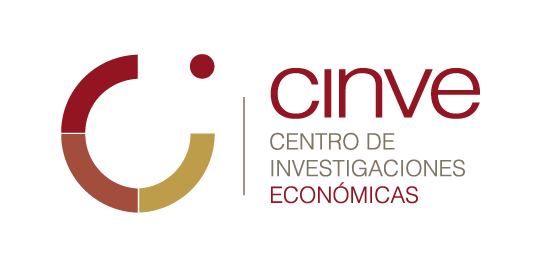In the present study, a diagnosis is made of the evolution of inequality of opportunities – understood as inequality due to exogenous circumstances to individuals – in the access and educational achievements of Uruguayan youth in the last fifteen years, from the information from continuous household surveys. The highest levels of inequality of opportunities were found in the dropout rate of the Basic Cycle and in the rate of completeness in time of that cycle. The analysis of the contribution of the different circumstances to this index allows us to notice the high weight of the intergenerational transmission of inequality. The same analysis was carried out based on the data from PISA-2006, using as a measure of achievement the score in the learning tests and considering as circumstances, among others, a set of school variables. All the circumstances (family and school) explain 40% of the inequality observed in the test results. According to our estimates, the school variables considered do not contribute to the inequality of opportunities, which indicates that the set of school factors is neutral to the inequality.
Unequal opportunities and the role of the education system in the achievements of young Uruguayans
Por Editor Cinve
